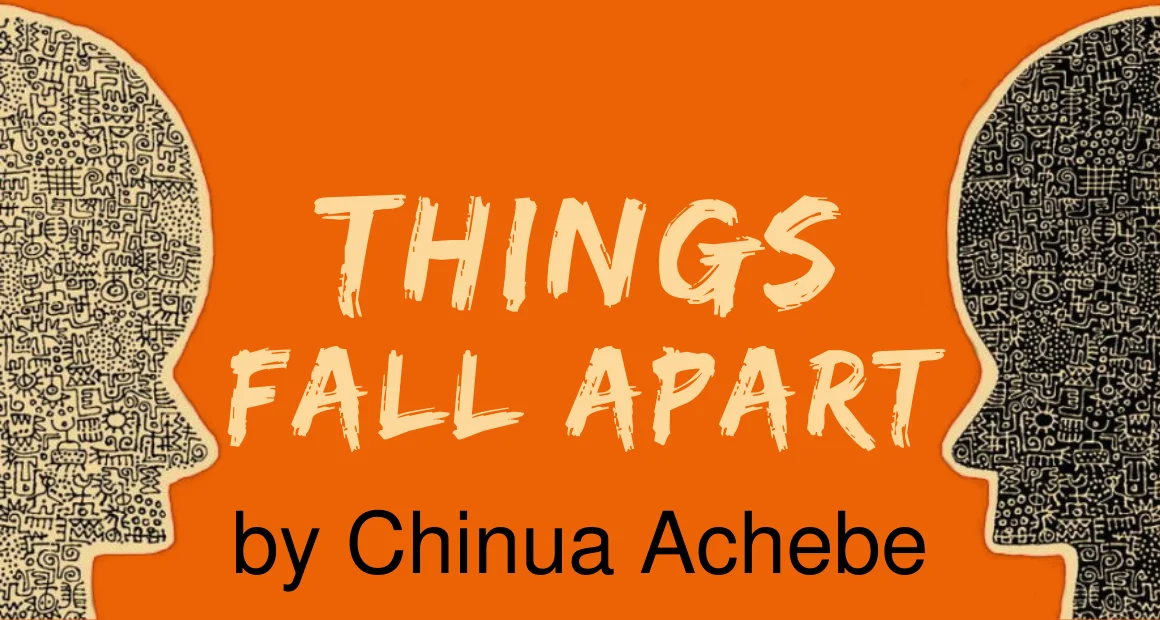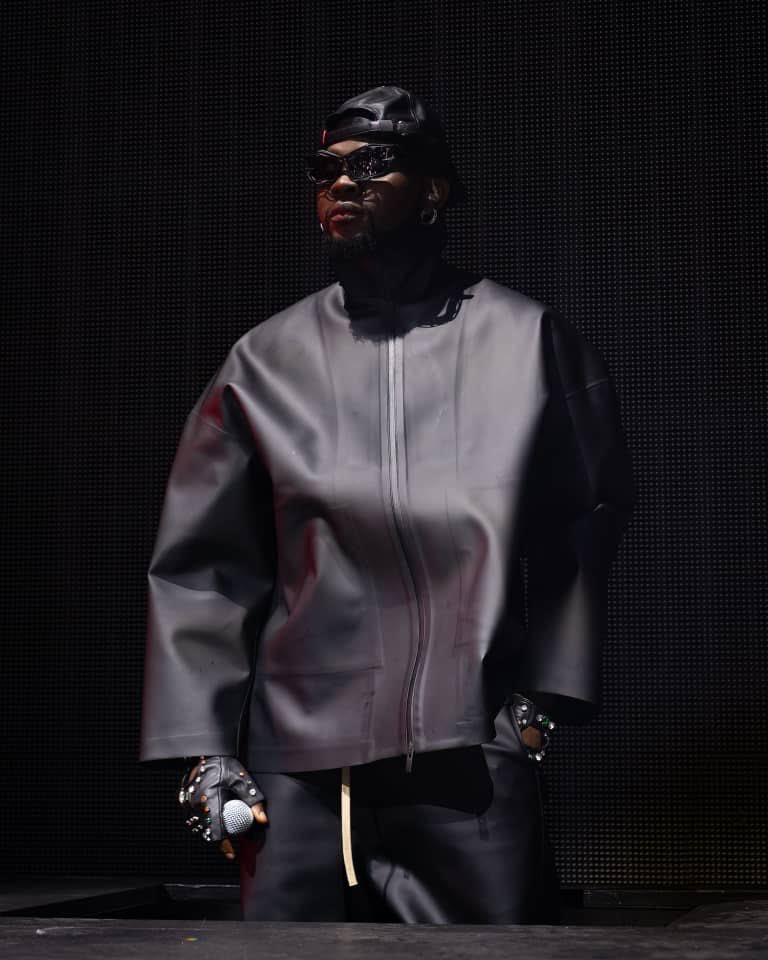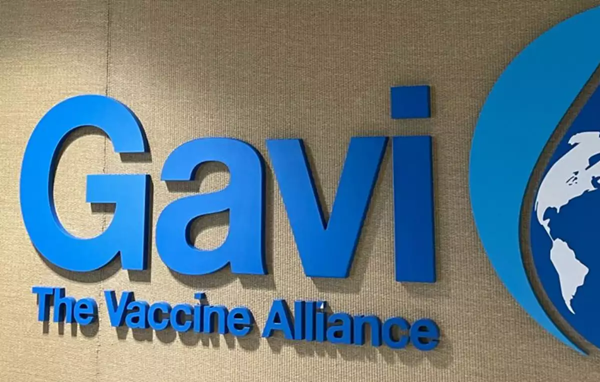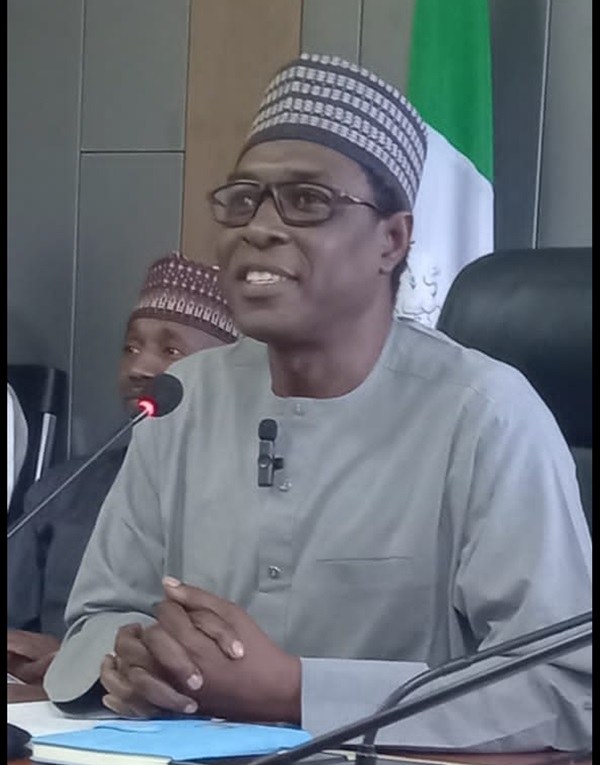Place your adverts here on InfoDig @ low rates; banner ads, sponsored links and guest articles etc. Contact us

It became the topic of the town on Nigeria’s social media community when Variety reported that Chinua Achebe‘s “Things Fall Apart” – the book often considered the foundation of modern African literature – is being adapted into a movie and Okonkwo, the novel’s protagonist, will be played by Idris Elba. Nigerians, as they react when they realise what they believe belongs to them is being snatched from them, didn’t take long to start criticising the decision.
The argument started with some people debating what qualifies Idris Elba, to play the role of Okonkwo, a character who represents and embodies a pivotal aspect of the precolonial and colonial eras in Nigeria, when there are exceptional (Igbo) actors in Nigeria who can deliver the role exceptionally. And there were those throwing shameful words at the Nollywood industry for executing this important project for a long time. They argued that the book should be adapted by Nollywood.
Several filmmakers, like Editi Effiong, the producer of “The Black Book” have explained why Nollywood cannot afford book adaptation yet. “It would cost $5m for that single A-list attachment. And probably a $30-50m production cost. There’s no amount of great scripts and great actors that overcomes the economic gap,” Editi tweeted. Yet, some, like Favour, insisted that whether budget-wise or not, the actors in the book adaptation should be Igbo, despite David Oyelowo, who has Nigerian roots through his father who’s Yoruba and mother, Igbo, being part of the production team.
While it is important to raise an eyebrow as a people or rightfully criticise that decision, we have failed to see the underlying structure that is missing in our system. I have previously posited that there are conversations that should have been long held before they surface. Why are we just realising that Chinua Achebe’s brilliant novel is deserving of movie adaptation since the book was released in 1958, before Nigeria’s independence? Why do international agencies have to be the starting point of conversations that we should have started a long time ago? We do the same whenever Nigerian artists do not win on the international stage. We realise that Headies and the AMVCA should be enough and not pander towards international awards just because the Nigerian-nominated artists do not win. Why should international stages be the starting point of our important conversations?
Meanwhile, beyond conversations that should have been held a long time ago, several Nigerian movies are book adapted, how well are we engaging them? In 2021, Kunle Afolayan released “Swallow” based on Seffi Atta’s book, “Swallow.” Seffi Atta wrote the script for the adaptation herself. A simple Google search will reveal how the movie was accepted; the movie is rated just 4.1/10. We act like Nollywood has never attempted to adapt a book into a movie but when they do, the reception is not so pleasing. I understand that different contexts are involved in adapting each book, but throwing shameful words at Nollywood is unfair to the industry bustling with excellent and exciting filmmakers.
Instead of just arguing whether Idris Elba could play Okwonkwo or not (the argument is valid, by the way), we can also focus on more pressing concerns on how we can strengthen the system and our industry. How can everyone contribute? Rather than a fixation on international validation, we need to shift our energy toward solidifying our film industry. Because if we are truly to own and tell our stories, the investment in filmmakers, actors and writers must come from within. This doesn’t mean international collaborations should be shunned, but we must stop waiting for outside forces to dictate when and how our stories deserve attention.
The conversation should start with how we can build and fund Nollywood and other industries. Nollywood needs financial ammunition to survive. It needs an infrastructure to compete with rivals like Hollywood or Bollywood. We need long-term financial support and a commitment from everyone to achieve the level of standards of excellence. Only then will we stop asking why others are telling our stories, denying us deserved awards, and start building and telling them ourselves.













 English (US) ·
English (US) ·